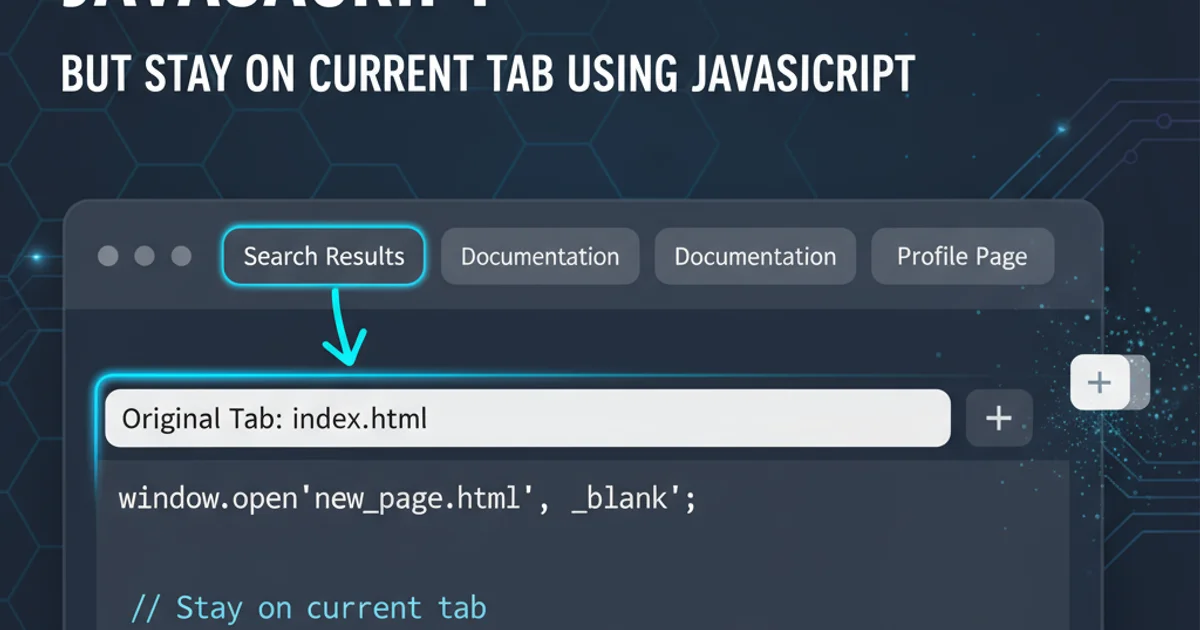How can Apache Camel be used to monitor file changes?
Categories:
Mastering File System Monitoring with Apache Camel

Discover how Apache Camel's powerful File component can be used to efficiently monitor file system changes, process new files, and react to modifications or deletions.
Monitoring file system changes is a common requirement in many integration scenarios. Whether you need to process new files as soon as they appear, detect modifications to existing ones, or react to deletions, Apache Camel provides a robust and flexible solution through its File component. This article will guide you through setting up Camel routes to effectively monitor directories, filter files, and handle various file events.
Understanding the Apache Camel File Component
The Apache Camel File component is a versatile endpoint that allows Camel routes to interact with the local file system. It can be configured to consume files from a directory (acting as a source) or produce files to a directory (acting as a sink). For file monitoring, we primarily focus on its consumer capabilities. It supports various options for polling intervals, filtering, pre-processing, and handling file events.
flowchart TD
A[Start Camel Route] --> B["File Component (e.g., file:data/inbox)"]
B --> C{New File Detected?}
C -->|Yes| D[Process File]
C -->|No| E[Wait for next poll]
D --> F[Move/Delete File (Optional)]
F --> EBasic File Monitoring Workflow with Apache Camel
Setting Up a Basic File Monitoring Route
To get started, let's create a simple Camel route that monitors a directory for new files and logs their names. This example uses Java DSL, a common way to define Camel routes. You'll need to include the camel-file dependency in your project.
<dependency>
<groupId>org.apache.camel</groupId>
<artifactId>camel-file</artifactId>
<version>4.x.x</version>
</dependency>
Maven dependency for the Camel File component
import org.apache.camel.builder.RouteBuilder;
public class FileMonitorRoute extends RouteBuilder {
@Override
public void configure() throws Exception {
from("file:data/inbox?noop=true")
.log("Processing file: ${file:name}");
}
}
A simple Camel route to monitor a directory for new files.
In this route:
from("file:data/inbox?noop=true")specifies the source endpoint. It tells Camel to monitor thedata/inboxdirectory.noop=trueis a crucial option. It means that after consuming a file, Camel will not delete or move it. This is useful for monitoring without altering the source directory. If you want to process and then move/delete, you'd omitnoop=trueor usemoveoptions..log("Processing file: ${file:name}")logs the name of the file that was detected and consumed by the route.
file: endpoint exists and Camel has the necessary read/write permissions. If the directory doesn't exist, Camel might throw an exception or simply not start the route correctly.Advanced File Monitoring Options
The File component offers a rich set of options to fine-tune your monitoring needs. Here are some commonly used ones:
Polling and Filtering
delay: Specifies the interval in milliseconds between polls. Default is 500ms.include: A regular expression to include files matching the pattern.exclude: A regular expression to exclude files matching the pattern.recursive: Set totrueto scan subdirectories recursively.filter: Allows specifying a customorg.apache.camel.component.file.GenericFileFilterfor complex filtering logic.
File Operations After Consumption
delete: Set totrueto delete the file after successful processing (default isfalseifnoop=true, otherwisetrue).move: Specifies a directory to move the file to after successful processing.moveFailed: Specifies a directory to move the file to if processing fails.readLock: Controls how Camel handles concurrent access to files. Common values includenone,markerFile,rename,changed,fileLock.
import org.apache.camel.builder.RouteBuilder;
public class AdvancedFileMonitorRoute extends RouteBuilder {
@Override
public void configure() throws Exception {
from("file:data/input?delay=5000&include=.*\.txt$&move=data/processed&moveFailed=data/error&readLock=rename")
.routeId("AdvancedFileProcessor")
.log("Processing text file: ${file:name} from ${file:path}")
.to("bean:fileProcessorBean?method=processFile");
}
}
An advanced route monitoring for .txt files, moving them after processing, and handling failures.
In this advanced example:
delay=5000: The directory will be polled every 5 seconds.include=.*\.txt$: Only files ending with.txtwill be processed.move=data/processed: Successfully processed files will be moved todata/processed.moveFailed=data/error: Files that cause an exception during processing will be moved todata/error.readLock=rename: Camel will attempt to rename the file before processing to prevent other processes from accessing it concurrently. If renaming fails, it will skip the file and try again later..to("bean:fileProcessorBean?method=processFile"): This sends the file content to a custom Java bean for further business logic.
readLock=rename or readLock=markerFile, ensure that the file system supports these operations and that Camel has the necessary permissions. Issues with read locks can lead to files being skipped or processed multiple times.Detecting File Modifications and Deletions
While the basic file: component is excellent for new files, detecting modifications and deletions requires a slightly different approach or external tools, as the file: component primarily focuses on consuming new or ready-to-process files. However, you can simulate modification detection using readLock=changed or by maintaining a state.
Using readLock=changed
This option tells Camel to only consume a file if its content has changed since the last check. It typically works by comparing file sizes or timestamps. This is suitable for detecting modifications to existing files that are not being moved or deleted by Camel itself.
import org.apache.camel.builder.RouteBuilder;
public class FileModificationMonitorRoute extends RouteBuilder {
@Override
public void configure() throws Exception {
from("file:data/config?noop=true&readLock=changed&delay=10000")
.log("Configuration file modified: ${file:name}")
.to("bean:configReloader?method=reload");
}
}
Route to detect changes in a configuration file using readLock=changed.
In this example, the route will only trigger if a file in data/config has been modified. The noop=true ensures the file remains in place, and delay=10000 sets a 10-second polling interval to avoid excessive checks.
java.nio.file.WatchService or platform-specific APIs) and then triggering Camel routes based on those events. Camel's File component is primarily polling-based.Conclusion
Apache Camel's File component is a powerful and flexible tool for monitoring and processing files on the local file system. By understanding its various options for polling, filtering, and post-processing, you can build sophisticated integration solutions that react dynamically to file system events. Whether you're looking for new files, specific file types, or changes to existing configurations, Camel provides the necessary capabilities to streamline your file-based integrations.